And The Importance Of Exile Journalism
In his Nobel speech, Russian journalist Dmitry Muratov described “journalism as an antidote to tyranny”[1]. It is therefore not surprising that Muratov was recently placed on the Kremlin’s list of so-called foreign agents[2].
Press freedom is intrinsically linked to human rights as it serves as a cornerstone of democracy, transparency, and accountability. This is the reason why Autocrats and Dictators do hate a free press and courageous journalists.
The ability of journalists to investigate and report on matters of public interest without fear of censorship or reprisal is essential for holding governments and powerful institutions accountable, thereby safeguarding the rights of individuals and communities.
The Environment for journalism is bad in seven out of ten countries, and satisfactory in only three out of ten
This shocking finding is from the Annual World Press Freedom (WPF) Index of Reporters Without Borders (RSF)[3]. As per the 2023 WPF Index, which assesses the journalism landscape in 180 countries and territories and is released on World Press Freedom Day (May 3rd), the status is deemed “very serious” in 31 nations, “challenging” in 42, “problematic” in 55, and “good” or “satisfactory” in 52 countries.
The outcome is alarming. Contrasting with the 26 countries classified under the “good situation” category in 2013, when RSF began publishing its WPF-Index, last year only 8 countries enjoyed favorable media conditions under the same category, where journalists could work freely for the public good without interference. Norway has consistently topped the global ranking since 2017 with 95 points, followed by Ireland and the Netherlands.
At the bottom of the Index, notable shifts are observed. The last three positions are held exclusively by Asian nations: Vietnam (178th), where the suppression of independent reporters and commentators is nearing completion; China (down 4 at 179th), recognized as the world’s foremost jailer of journalists and a major disseminator of propaganda content globally; and, unsurprisingly, North Korea (180th).
Restrictions on freedom of information vary significantly across different regions, particularly evident in Asia where authoritarian regimes tightly control media narratives. In countries like Myanmar (173rd), Iran (177th), Vietnam (178th), and especially China(179th), where the ruling party exercises absolute authority, censorship is pervasive and dissenting voices are suppressed.
In China, state media under Xi Jinping’s Communist Party directly shapes narratives, with censorship particularly stringent on sensitive topics such as Taiwan, Tibet, Hong Kong, and East Turkistan, where reports on the oppression of Uyghur Muslims are banned. China holds almost a quarter of the world’s imprisoned journalists (106 as of 24th April 2024), with a notable number being Uyghurs.
Meanwhile, in Russia (164th/180), where sham elections belie the reality of power centralized in Vladimir Putin’s Kremlin, media freedom has been curtailed, particularly exacerbated by the conflict in Ukraine. Since the war’s onset, Moscow has blocked major social media platforms like Facebook and Instagram and clamped down on independent media, introducing a draconian media law in March 2022. This law imposes heavy fines and up to 15 years of imprisonment for disseminating “false news” about the Russian armed forces, aiming to stifle dissent and control narratives about the ongoing conflict. Russian propaganda channels like RT and Sputnik, banned in the EU following Russia’s actions in Ukraine, find a foothold in weak states, notably in Africa’s Sahel region.
In Turkey (165th/180), press freedom has faced severe challenges, with journalists routinely harassed, intimidated, and legally persecuted for their reporting. The government’s crackdown on independent media, coupled with restrictive laws, has led to a shrinking space for free expression and critical journalism. Journalists critical of the government face arbitrary arrests, defamation lawsuits, and censorship, fostering a climate of fear and self-censorship within the press. As of June 2023, 59 journalists and media employees were in prison, either awaiting trial or serving a sentence. In 2022, at least 40 (41 in 2021) journalists were taken into custody and 28 (35 in 2021) journalists were sentenced to a total of 50.5 years in prison (92.5 in 2021)[4]. The closure of media outlets, detention of journalists, and erosion of judicial independence have raised serious concerns, undermining democratic principles and the right to information for Turkish citizens despite constitutional guarantees.
Freedom of expression and an unbiased media are prerequisite for democracy
Freedom of information serves as a vital conduit for the exchange of ideas and opinions, thereby serving as a foundational element of democracy. Its roots trace back to Europe, particularly linked to the invention of the printing press. The formal recognition of freedom of the press began with Sweden’s adoption of a law in 1766[5], followed by the inclusion of the First Amendment to the US Constitution in 1791[6], prohibiting Congress from restricting freedom of speech and the press. France enacted a law on freedom of the press in 1881[7], which remains in effect today, while Germany enshrined it in the Weimar Constitution[8] (in 1919).
The Universal Declaration of Human Rights in 1948 further solidified its global significance, extending its applicability to all nations and peoples. As a cornerstone of democratic governance, freedom of information is recognized as a fundamental human right by the 174 signatory states of the UN International Covenant on Civil and Political Rights, ensuring its universal relevance and importance in safeguarding democratic principles worldwide.
Press freedom and democracy are deeply intertwined, with one often serving as a barometer for the health of the other. However, there can be instances where a negative correlation between press freedom and democracy emerges, signaling potential threats to democratic principles.
In authoritarian regimes, the suppression of press freedom is often used as a tool to maintain power and control over the populace. Governments may resort to censorship, intimidation, and harassment of journalists to silence dissenting voices and suppress information that challenges their authority. This restriction on press freedom undermines the principles of democracy by depriving citizens of access to unbiased information, stifling public discourse, and impeding the accountability of those in power.
The erosion of press freedom can occur gradually within established democracies, signaling a troubling decline in democratic values. Economic pressures, corporate interests, and political polarization can influence media ownership and editorial independence, leading to self-censorship and biased reporting. When media outlets prioritize sensationalism over factual reporting and fail to hold government officials accountable, the public’s trust in democratic institutions diminishes, creating fertile ground for the rise of authoritarian tendencies and the erosion of democratic norms.
External factors such as technological advancements and globalized media landscapes can pose challenges to press freedom within democratic societies. The spread of misinformation, disinformation, and digital surveillance techniques can undermine the credibility of traditional media sources and exacerbate threats to journalists’ safety and autonomy. In an age where social media platforms wield significant influence over public discourse, the unchecked dissemination of false information can distort democratic processes and undermine the integrity of elections, further eroding trust in democratic institutions.
While press freedom is essential for the functioning of democracy, its erosion can signal underlying threats to democratic principles and institutions. Whether through authoritarian crackdowns, internal pressures within established democracies, or external challenges in the digital age, safeguarding press freedom is crucial for upholding democratic values and ensuring the accountability of those in power.
Exile journalism provides a lifeline for the dissemination of independent and critical reporting
Exile journalism plays a crucial role in upholding press freedom and democracy in regions where these rights are under threat. When journalists face persecution, censorship, or violence in their home countries, exile journalism provides a lifeline for the dissemination of independent and critical reporting. By continuing to report on issues of public interest from abroad, exiled journalists shine a light on human rights abuses, government corruption, and social injustices that might otherwise go unreported. Their courageous efforts help to hold authorities accountable, foster public awareness, and maintain pressure for political reform, even in the face of adversity.
Moreover, exile journalism serves as a voice for marginalized communities and oppressed populations who are often silenced by authoritarian regimes. Exiled journalists frequently represent minority groups, political dissidents, and activists who are targeted for their beliefs or identities. Through their reporting, these journalists amplify the voices of the voiceless, providing a platform for their stories to be heard on the international stage. By shedding light on issues of discrimination, persecution, and injustice, exile journalism plays a vital role in advocating for human rights, social equality, and inclusive governance, contributing to the global struggle for freedom and democracy.
Furthermore, exile journalism fosters international solidarity and collaboration among journalists, media organizations, and human rights advocates worldwide. Exiled journalists often work in collaboration with local and international partners to gather information, verify facts, and disseminate news to a global audience. Their cross-border reporting networks enable them to access diverse perspectives, share resources, and pool expertise, strengthening the collective efforts to defend press freedom and promote democratic values globally. By bridging geographical, linguistic, and cultural divides, exile journalism cultivates a sense of solidarity among journalists facing similar challenges, inspiring mutual support, and resilience in the fight against censorship, repression, and authoritarianism.
Germany as a safe haven for exile journalists
Germany is undoubtedly an important country of exile. Persecuted authors, scientists, artists as well as journalists from all over the world find refuge in Germany. All experts agree that the number of exiled journalists living in Germany has risen rather than fallen in recent years. The reasons are quite clear. The overall situation concerning the freedom of the press has deteriorated throughout the world, as RSF points out in its latest annual report.
Precise statistics on the origins of exiled journalists are scarce. Reports indicate that a significant portion of exiled journalists residing in Germany hail from countries like Turkey, Iran, and the North African Maghreb states. Following the Russian war of aggression in Ukraine, several dozens of journalists from Ukraine, Russia and Belarus have also fled to Germany.
Several organizations and initiatives are actively engaged in Germany to assist refugee journalists. Alongside longstanding entities like RSF, newer organizations such as the European Centre for Press and Media Freedom[9] (ECPMF) in Leipzig, established in 2015, and the collaborative JX-Fund[10] have emerged. The JX-Fund pools resources to facilitate the continuation of journalistic work for individuals and editorial teams facing threats by providing a secure environment.
The ECPMF administers a “Journalists-in-Residence Programme,” accommodating media practitioners from countries like Afghanistan, Belarus, Turkey, Syria, Ethiopia, and Azerbaijan, offering them respite from persecution in a safe haven located in Leipzig.
Meanwhile, the New German Media Makers[11], comprising journalists with diverse backgrounds, provide support to refugee colleagues through mentorship programs. Exiled journalists contribute to projects such as the “Handbook Germany[12],” an informational platform available in seven languages aimed at assisting new immigrants. Additionally, the Körber Foundation[13] in Hamburg regularly hosts specialized conferences tailored for journalists in exile.
In the absence of a free press, human rights violations, corruption, and abuses of power might evade detection and remain unchallenged
Exile journalism emerges as a beacon of hope in the struggle to safeguard press freedom and democracy worldwide. As exemplified by the plight of persecuted journalists and the alarming decline in press freedom across the globe, the need for exile journalism has never been more pronounced. By persisting in their pursuit of truth and justice from afar, exiled journalists illuminate the darkest corners of authoritarian regimes, expose human rights violations, and amplify the voices of the oppressed. Their unwavering commitment to independent reporting not only upholds accountability and transparency but also fuels the collective fight for democratic ideals and universal human rights.
In an era marked by growing authoritarianism and digital challenges, the resilience of exile journalism serves as a powerful testament to the enduring spirit of press freedom and the indomitable quest for a more just and equitable world. Through collaboration, solidarity, and unwavering dedication, exiled journalists continue to inspire hope and resilience in the face of adversity, embodying the transformative potential of journalism as an antidote to tyranny.
In essence, press freedom is not merely a privilege for journalists; it is a fundamental human right that underpins the protection and promotion of all other rights and freedoms in a democratic society. Press freedom enables the free flow of information, fosters public debate, and empowers citizens to make informed decisions about their lives and society, undermining the principles of justice, equality, and dignity for all.
[1] https://www.nobelprize.org/prizes/peace/2021/muratov/lecture/
[2] https://cpj.org/2023/09/russia-labels-3-more-journalists-including-nobel-laureate-dmitry-muratov-as-foreign-agents/
[4] https://neighbourhood-enlargement.ec.europa.eu/turkiye-report-2023_en
[5] https://www.britannica.com/topic/Freedom-of-the-Press-Act-of-1766
[6] https://constitution.congress.gov/constitution/amendment-1/#:~:text=Constitution%20of%20the%20United%20States,-First%20Amendment&text=Congress%20shall%20make%20no%20law,for%20a%20redress%20of%20grievances.
[7] https://futurefreespeech.org/france/
[8] https://www.unesco.de/wissen/wissensgesellschaften/presse-und-meinungsfreiheit/sabine-von-schorlemer-weimarer-verfassung
[10] https://jx-fund.org/de/ueber-uns/
[11] https://neuemedienmacher.de/
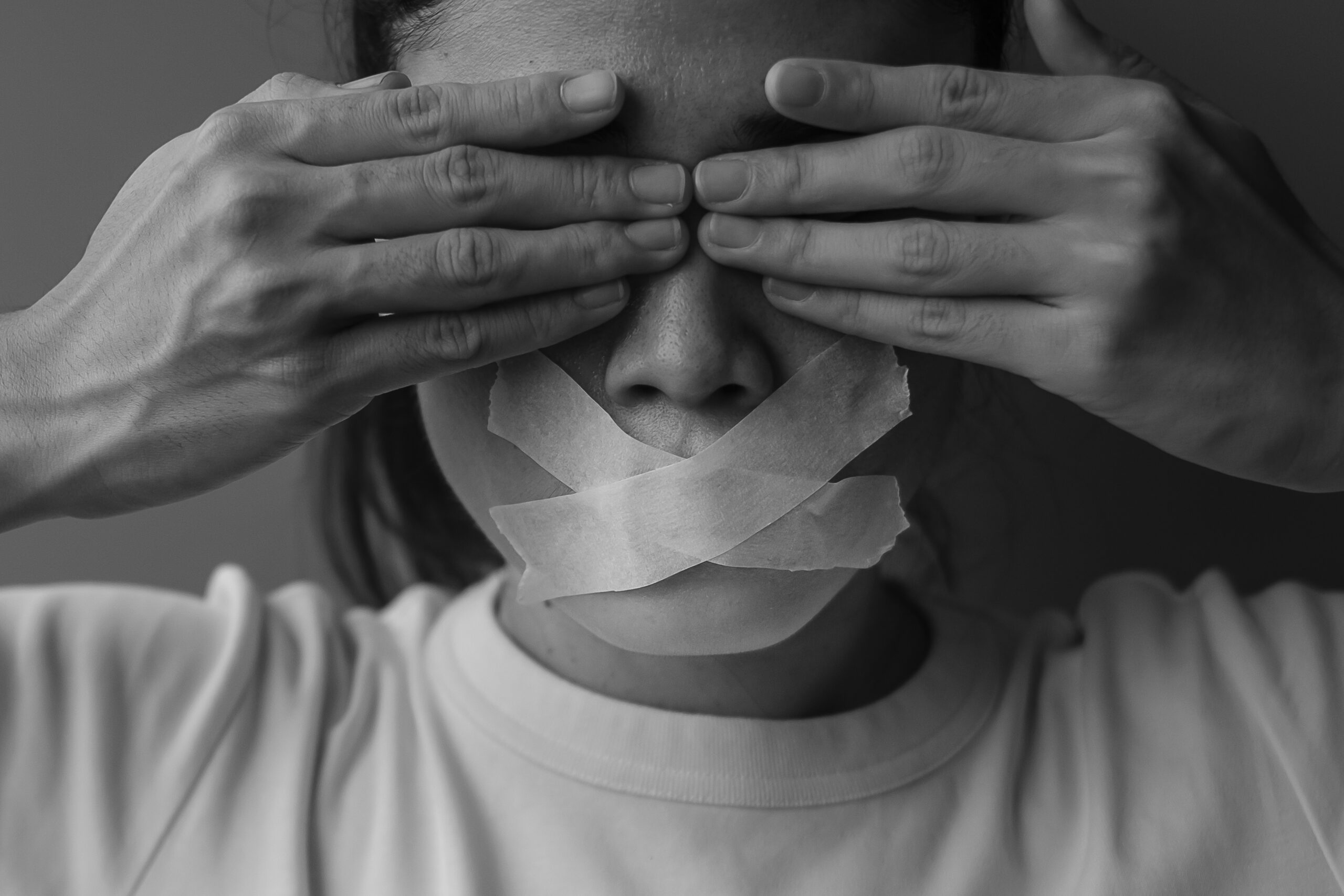
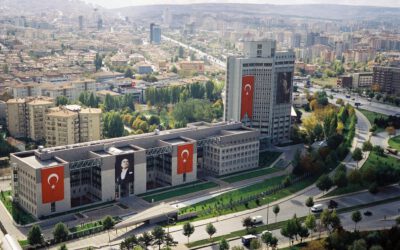
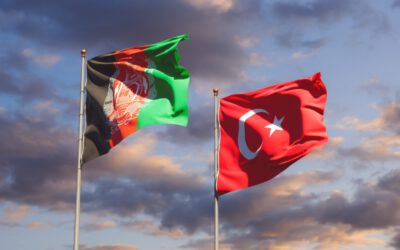
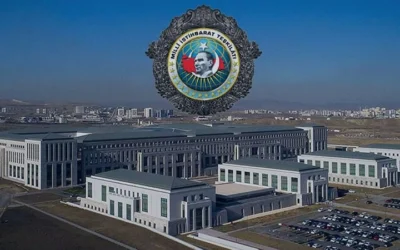
0 Comments